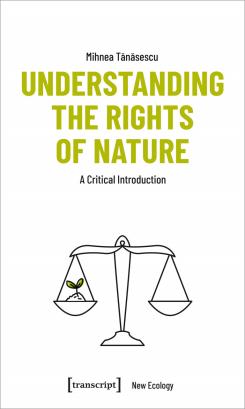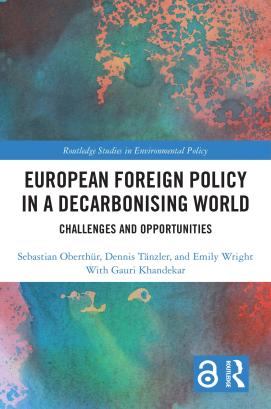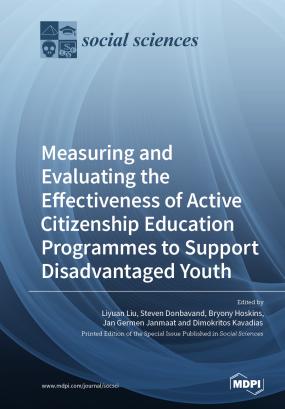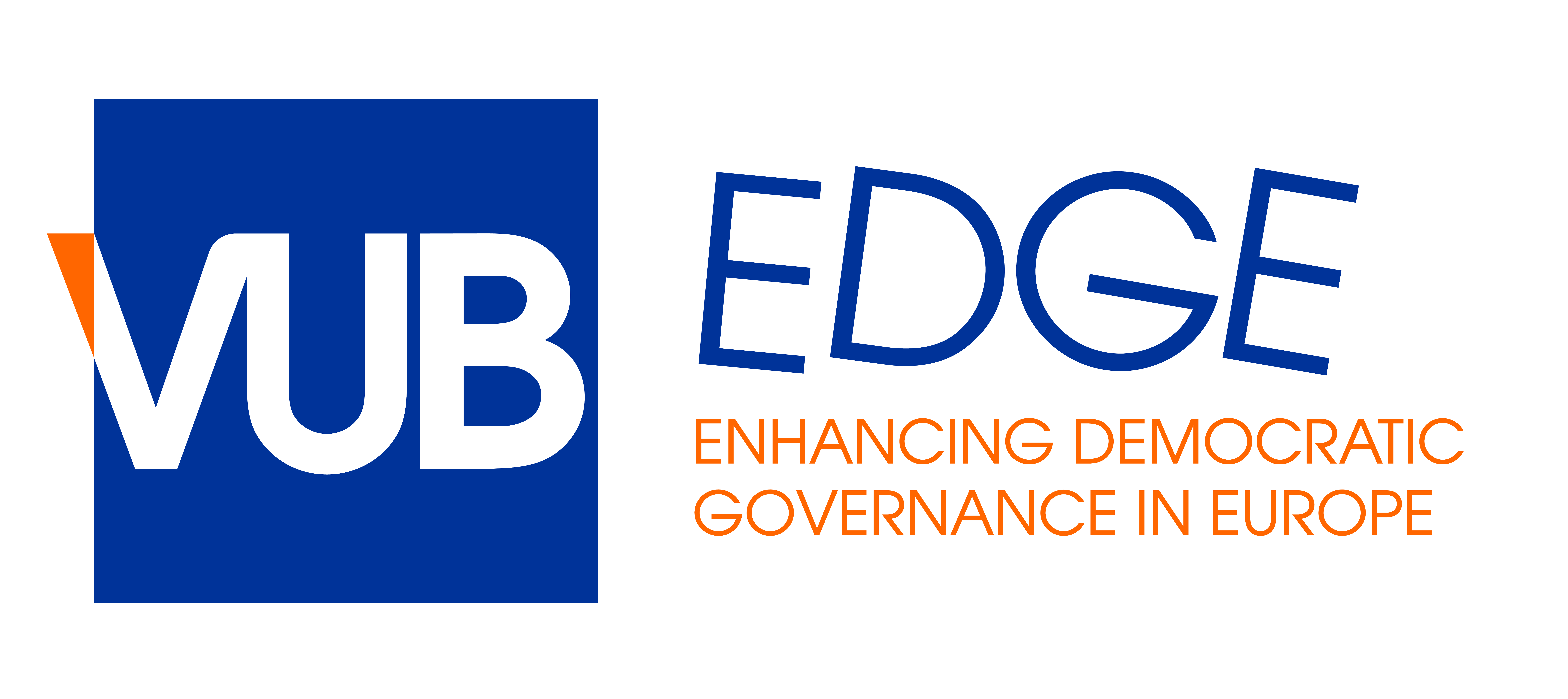
In the last months, three new (Open Access) books of our EDGE researchers came out! Find out more about them below.

Understanding the Rights of Nature. A Critical Introduction
Mihnea Tănăsescu
Rivers, landscapes, whole territories: these are the latest entities environmental activists have fought hard to include in the relentless expansion of rights in our world. But what does it mean for a landscape to have rights? Why would anyone want to create such rights, and to what end? Is it a good idea, and does it come with risks? This book presents the logic behind giving nature rights and discusses the most important cases in which this has happened, ranging from constitutional rights of nature in Ecuador to rights for rivers in New Zealand, Colombia, and India. Mihnea Tanasescu offers clear answers to the thorny questions that the intrusion of nature into law is sure to raise.
European Foreign Policy in a Decarbonising World. Challenges and Opportunities
Sebastian Oberthür, Dennis Tänzler, Emily Wright, Gauri Khandekar

Contributing to the emerging literature on the geopolitical and foreign policy implications of decarbonisation and energy transition processes, this book sheds light on the future of the European Union’s (EU) external relations under decarbonisation.Under the Paris Agreement on climate change, adopted in 2015, governments are committed to phasing out the emissions of carbon dioxide and other greenhouse gases over the coming decades. This book addresses the many questions around this process of decarbonisation through detailed analyses of EU external relations with six fossil-fuel exporting countries: Nigeria, Indonesia, Azerbaijan, Colombia, Qatar, and Canada. The authors systematically examine the six countries’ varying dependence on fossil fuels, the broader political and security context, current relations with the EU, and the potential for developing these towards decarbonisation. In doing so, they put forward a series of findings that should hold across varying circumstances and provide a steppingstone to enrich and inspire further research on foreign policy, external relations, and international relations under decarbonisation. The book also makes an important contribution to understanding the external implications of the 2019 European Green Deal.This volume will be of great interest to students and scholars of European environmental and climate policy, climate diplomacy, energy policy, foreign policy, and climate/energy geopolitics.
Measuring and Evaluating the Effectiveness of Active Citizenship Education Programmes to Support Disadvantaged Youth
Liyuan Liu, steve Donbavand, Bryony Hoskins, Jan Germen Janmaat, Dimokritos Kavadias

This editorial aims to inform a wide range of stakeholders, including academics, early career researchers, students, educational practitioners and policymakers, of the background and contribution of the Special Issue. It is divided into four parts. In the first part, we explain why social inequalities in civic and political engagement are problematic. In the second part, we focus on a review based on the existing research to explore what has been done concerning education, particularly citizenship education, to promote the citizenship outcomes of disadvantaged youth and mitigate social inequalities in such outcomes. The third part will introduce the published Special Issue papers and emphasise how these papers contribute to the field. Finally, we highlight the following steps and future directions for the area.
